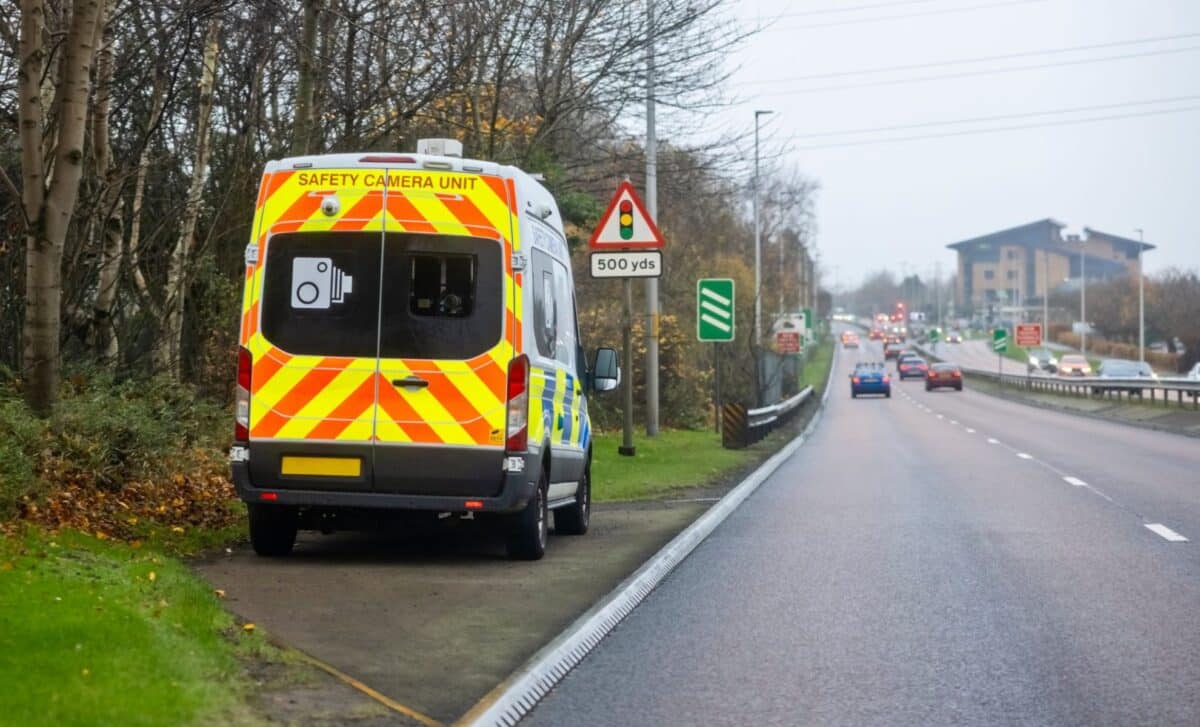West Midlands Police have doubled their fleet of mobile speed camera vans, increasing their presence on roads where speeding remains a persistent issue. The move is set to enhance traffic monitoring and enforcement, with several key roads repeatedly visited due to high numbers of speeding offences.
The mobile units operate unpredictably, making it harder for drivers to anticipate enforcement locations. According to police data, thousands of motorists were caught speeding in 2024, with some roads recording over a thousand violations.
The increased deployment aims to address public concerns and improve road safety across Birmingham, Wolverhampton, Solihull, and other areas.
Key Roads Targeted by Mobile Speed Cameras
The expansion of mobile enforcement focuses on roads identified as high-risk due to frequent speeding offences.
According to police records, B4121 Shenley Lane near Meadowbrook Road in Birmingham saw the highest number of recorded infractions, with 1,129 speeding vehicles in 2024. Another hotspot is Heartlands Parkway, between Star City and Bromford Lane, where 767 violations were documented.
Elsewhere, Solihull’s A452 collector road between Parkfield Drive and Lanchester Way registered 527 speeding incidents, while Damson Parkway heading towards Coventry Road recorded 323 cases.
In the Black Country, roads such as Thorns Road (A4036) in Lye and Kidderminster Road (A449) in Wall Heath also saw repeated enforcement due to continued speeding concerns.
In Sandwell, police focused on A34 Birmingham Road, where 388 offences were noted, alongside Newton Road (A4041) and Black Country New Road (A41), where violations ranged between 150 and 277 cases. Walsall and Wolverhampton also featured several targeted roads, including Erdington Road (461 offences) and Henwood Road (225 offences).
Unpredictable Monitoring to Deter Speeding
Unlike fixed speed cameras, mobile enforcement vans do not remain in one place, making their presence more unpredictable. This approach allows officers to monitor natural traffic conditions without drivers slowing down only in specific locations.
According to West Midlands Police, the ability to frequently change locations ensures more effective deterrence.
The force’s decision to expand its fleet from four to eight vans follows increasing community complaints about dangerous driving. By covering more areas simultaneously, officers can respond to problem locations and monitor compliance more effectively.
The ultimate goal is to reduce speeding-related incidents and encourage safer driving habits. Police hope that the increased risk of penalties will discourage motorists from exceeding speed limits, particularly on roads with a history of violations.









